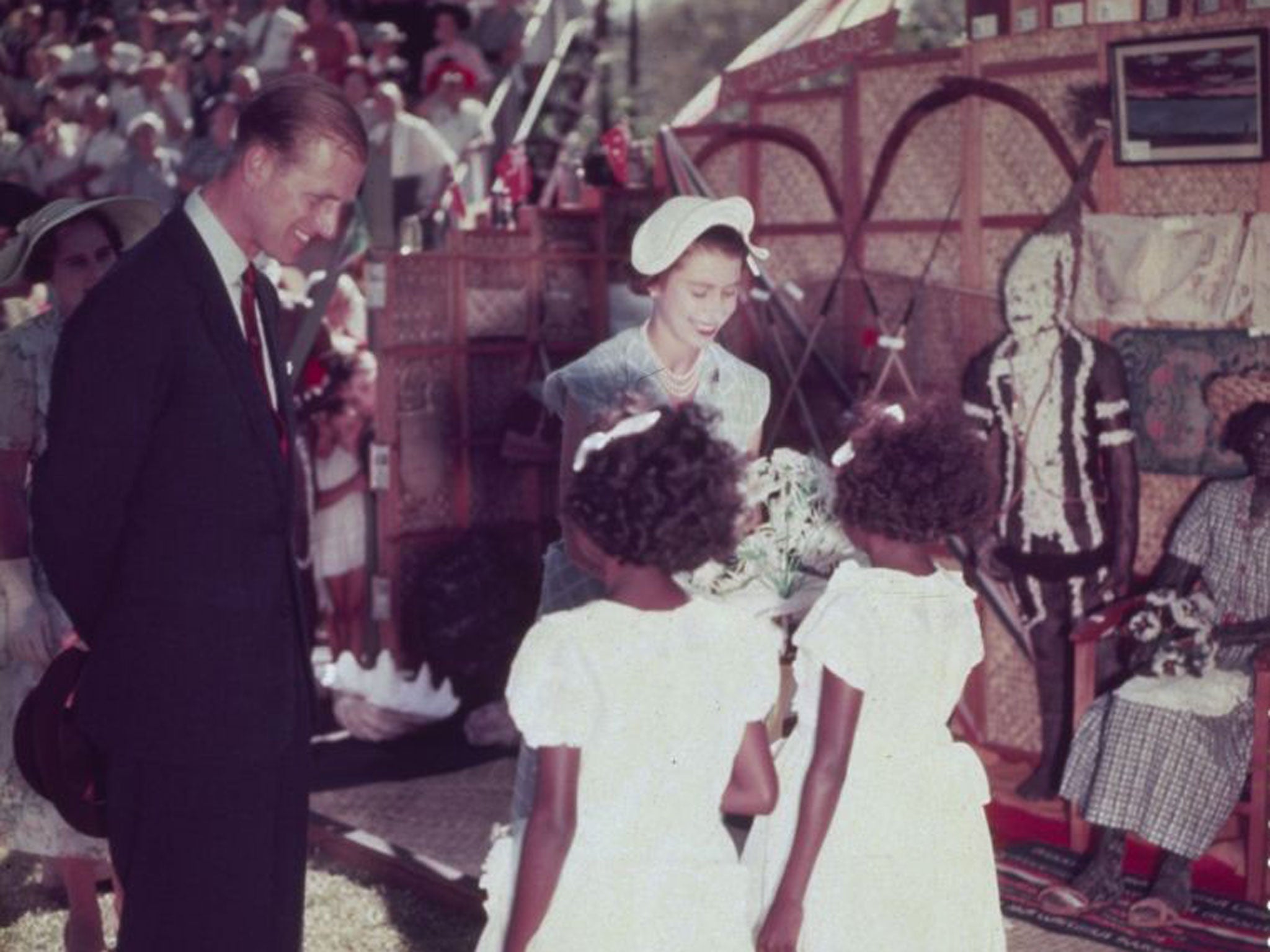Australians, Flappers to Vietnam by Thomas Keneally, book review
Keneally explores the country's closed-door policy in the 20th century

Few Britons know much about the history of Australia between the end of the penal colonies in the 1860s and the start of the 1960s. We know convicts were shipped out there up until the mid-19th century and that Germaine Greer and Clive James shook things up about a hundred years later. But what about those decades in-between?
Our ignorance may be shameful but it is not all our fault. Apart from the Gallipoli Campaign, modern Australians give the first half of the 20th century a wide berth, cringing at the memory of their loyalist, royalist, lily-white forebears. Australia certainly was loyal. When Britain declared war on Germany in 1939, the Prime Minister of Australia simply announced that, in that case, Oz was at war too. There was no need to consult parliament.
The author cites one volunteer as recalling the mood: "The King was in danger, the Empire was in danger and the Nazis were unspeakable." As well as trying to retain a British heart, Australia did its utmost to retain a British face. Some southern Europeans were let in, but that was as far as it went.
When the Second World War broke out, Keneally notes, the Australians welcomed the arrival of US forces but politely asked the Americans not to send them any black soldiers. The fall of Singapore to Japan in 1942 sparked a panic that its mainly ethnic Chinese population might head to Australia for sanctuary.
The struggle against Nazism did not change attitudes that much. Enthusiasm for taking in homeless Jews from Europe was scant. One politician pleaded for the door to remain firmly closed to Jewish immigration on the grounds that they tended to "slinking, rat-faced men with 20-inch chests".
Determined to keep out the Jews, the Chinese and other Asians, Australia had to keep on luring out pale-skinned Brits in order to fill the vast land with the right settlers. The country went en fête over the arrival of the millionth post-war emigrant, a blonde young woman from Redcar. Keneally evokes the strangely jittery atmosphere of the period. Japan was worth worrying about. What is odder is how spooked the authorities were about Communism. A Supreme Soviet in Sydney or Melbourne was never on the cards but that did not stop right-wing Australians from storing weapons and drilling in preparation for a Kremlin-backed uprising.
There is a mass of detail here but Keneally's prolix, portentous style does not do the readers any favours. Never using one word when several will do, the result is a book that feels baggy and over-long. Perhaps the publishers feared to suggest that the great man of Australian letters, the author of Schindler's Ark among others, might need an interventionist editor. The style is curiously flat. Possibly the sympathies of the author, a convinced republican, were not wholly engaged with this lost, ardently British, world.
Subscribe to Independent Premium to bookmark this article
Want to bookmark your favourite articles and stories to read or reference later? Start your Independent Premium subscription today.

Join our commenting forum
Join thought-provoking conversations, follow other Independent readers and see their replies